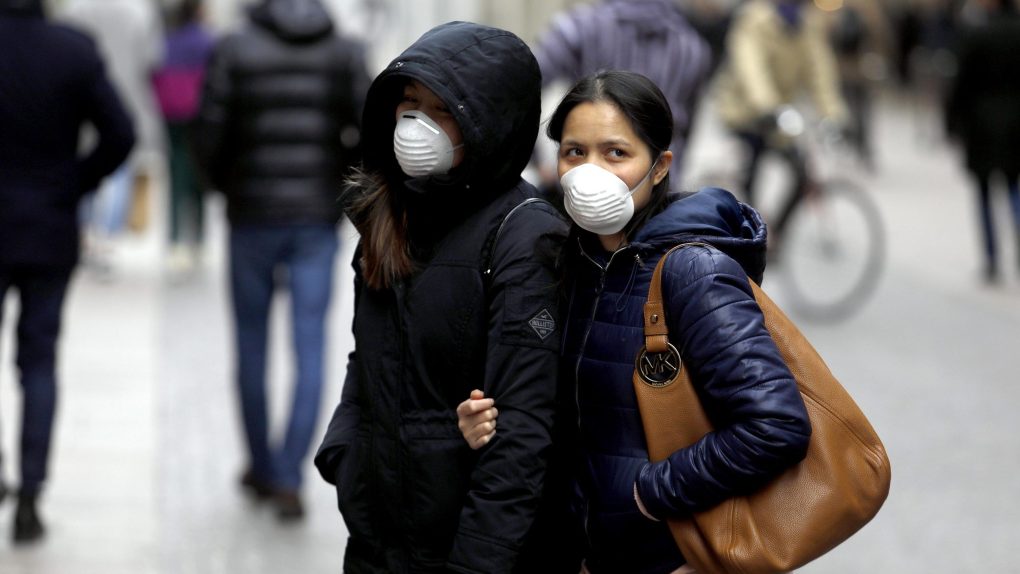You’d have to be living under a rock to have missed the endless cascade of news articles about the coronavirus. This new coronavirus outbreak, called COVID-19, began spreading rapidly in China and is now growing faster outside of China than within, threatening to become a true worldwide pandemic.
When contagious illnesses pop up, the biggest question on everyone’s mind is how they can protect themselves. With COVID-19, the measures one should take to prevent the spread have not always been clear, but there are some very useful habits you can adopt to minimize your chances of being caught up in the spread.
This new coronavirus is not considered to be fully airborne. That is, it can’t spread directly through the air, but is instead transmitted via droplets from an infected person. These droplets can be produced when an infected individual sneezes or coughs. If a droplet carrying the virus makes it into a healthy person’s body — either directly into an eye, nose, or mouth, or indirectly via hand or other body contact — the chances of infection are high.
An excellent speech by Singapore’s Health Minister Mr. Gan Kim Yong.
An excellent way of describing #coronavirus #CoronaVirusUpdates pic.twitter.com/SWFWgYnp3T
— Azhar Laghari (@AzharAliLeghari) February 28, 2020
COVID-19, like many viral illnesses, spreads fastest when humans are in close proximity to one another. As with the annual flu, the CDC notes that some of the most basic cleanliness habits can go a long way:
- Avoid close contact with people who are sick.
- Avoid touching your eyes, nose, and mouth.
- Stay home when you are sick.
- Cover your cough or sneeze with a tissue, then throw the tissue in the trash.
- Clean and disinfect frequently touched objects and surfaces using a regular household cleaning spray or wipe.
- Wash your hands often with soap and water for at least 20 seconds, especially after going to the bathroom; before eating; and after blowing your nose, coughing, or sneezing.
On the topic of facemasks, which have become a hot item in the wake of the outbreak, the CDC notes that healthy people don’t really benefit from using them:
CDC does not recommend that people who are well wear a facemask to protect themselves from respiratory diseases, including COVID-19. Facemasks should be used by people who show symptoms of COVID-19 to help prevent the spread of the disease to others. The use of facemasks is also crucial for health workers and people who are taking care of someone in close settings (at home or in a health care facility).
At first, it was easy to track the spread of this new virus since the route of transmission was known for each new infected individual. However, that has since changed, with new confirmed cases of the virus popping up out of nowhere, with no clear route of transmission. With that in mind, these tips are even more important, as basic as they may seem.








